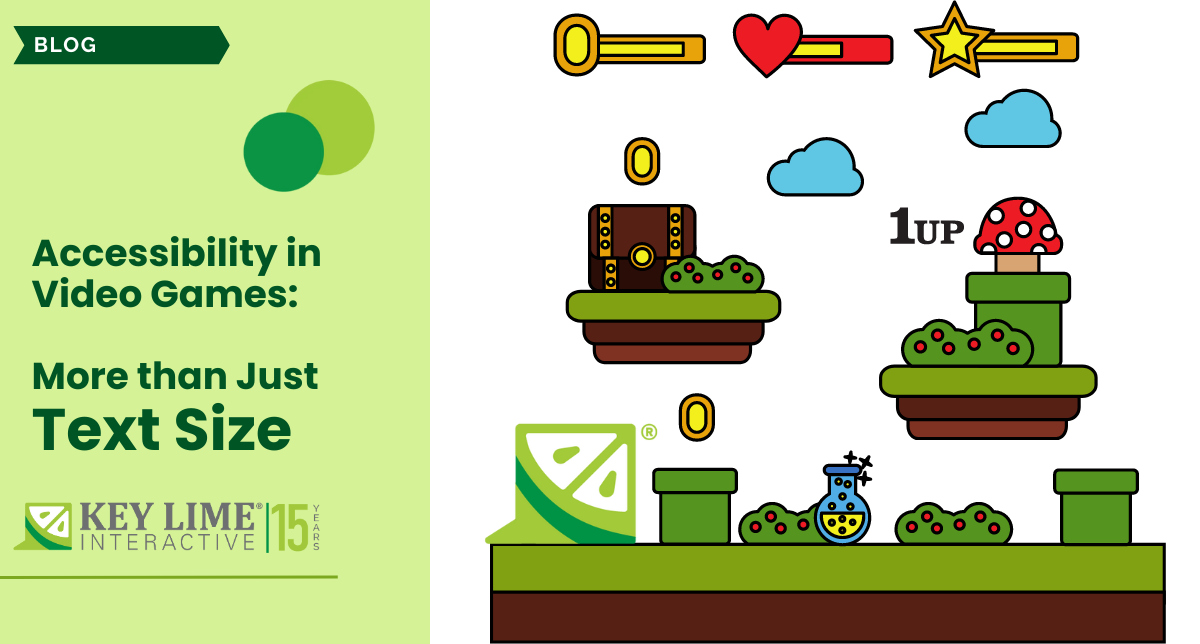
There are lots of wonderful opportunities for UX Researchers and Designers who want to hone their skills.
The Nielsen Norman Group and Interaction Design Foundation websites are great places to start; and platforms like Learners and Udemy offer targeted courses for continuing education.
But for those researchers who enjoy a longer-form approach to knowledge gain, the following books can’t be beaten. With a better understanding of our users, we can support them with inclusive, representative research and human-centered products designs that are useful, usable, and delightful.
These 5 books are some UXR industry favorites that showcase how research and design intersect with human behavior:
This bestseller is one of the most highly regarded design books in the field. The author, Don Norman, is the Director of The Design Lab at U.C. San Diego and the co-founder and principal of the Nielsen Norman Group. The Design of Everyday Things translates his decades of cognitive psychology, research, and design expertise into key principles that every user experience professional can benefit from. Affordances, controls, feedback, constraints, mental models, and errors are some of the many topics that Norman explores to help readers identify what makes for “good design” and how confusing these principles can fail end users.
2.
100 Things Every Designer Needs to Know About People by Susan Weinschenk, Ph.D.
With more than 30 years of experience in applied psychology and technology design, Susan M. Weinschenk expertly guides readers through 100 topics that explain how people think, act, perceive information, and engage with the world around them in dynamic and accessible language. In quick chapters, Weinschenk gives examples of how fundamental psychology truisms apply to humans in everyday scenarios: how they read, what they remember, how they pay attention, and which font styles and line lengths work best for them to name a few. Armed with a better understanding of how users operate, UXers can approach problem-solving with data and empathy.
3.
Just Enough Research by Erika Hall, Foreword by Jeffrey Zeldman
In Just Enough Research, Erika Hall, the co-founder and director of strategy at Mule Design, offers an overview of user experience research methodology and how UXRs can get the answers they need by planning strategically and asking the right questions. Every researcher knows the challenging trade off between wanting to dive deep and needing to glean timely, budget-friendly insights. Hall’s book is a great guide to help researchers navigate these competing goals with real-life examples and light-hearted humor. This book is also great for teams who don’t have dedicated UXRs yet and for Designers and stakeholders who want to learn how UX research can support their goals.
4.
Thinking, Fast and Slow by Daniel Kahneman, Ph.D.
In this bestselling classic, Presidential Medal of Freedom recipient and Nobel Prize-winning economist and psychologist Daniel Kahneman explains that humans think in two fundamental systems: both fast and slow. Fast system 1 is associated with emotional and intuitive thinking; while slow system 2 thinking is more controlled and logical. These systems help readers understand how humans make choices, where biases come into play, and how unconscious thoughts direct human behavior. This knowledge gives UXers insight into how users make decisions and interact with designs.
5.
Don’t Make Me Think, Revisited: A Common Sense Approach to Web and Mobile Usability by Steve Krug
In this quick, engaging read, Steve Krug shares real-life examples, fun illustrations, and witty insights from his 25+ years of usability consulting experience. He discusses essential principles of usability testing, accessibility, navigation, and content strategy for mobile and web design. This is a great book to keep on every UXer’s shelf with a quick reference index featuring responsive design, visual hierarchy, usability labs, and more.
One of the best things about UX is that the field is cross-disciplinary, and practitioners can draw on a wide range of methods to support their needs. From Human Computer Interaction to anthropology, psychology, to journalism, and biology to economics, understanding diverse problem-solving approaches informs better design. Books are just one of many wonderful mediums to expose researchers and designers to new knowledge. We hope you’ve found this list to be a jumping off point for your next learning journey. We'd love to hear what some of your favorites are in the comments below.
Sources: Cover screen shots in order of appearance
“The Design of Everyday Things: Revised and Expanded Edition.” IndieBound.org, https://www.indiebound.org/book/9780465050659.
“100 Things Every Designer Needs to Know about People (Voices That Matter).”
IndieBound.org, https://www.indiebound.org/book/9780321767530.
“Just Enough Research by Erika Hall.” Goodreads, Goodreads, 10 Sept. 2013, https://www.goodreads.com/book/show/17236175-just-enough-research?from_search=true&from_srp=true&qid=NdXIkR8mGy&rank=1.
“Thinking, Fast and Slow.” IndieBound.org, https://www.indiebound.org/book/9780374533557.
“Don't Make Me Think, Revisited: A Common Sense Approach to Web Usability (Voices That Matter).” IndieBound.org, https://www.indiebound.org/book/9780321965516.










Comments
Add Comment